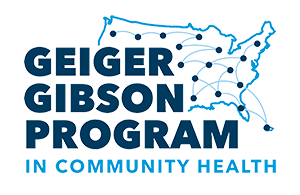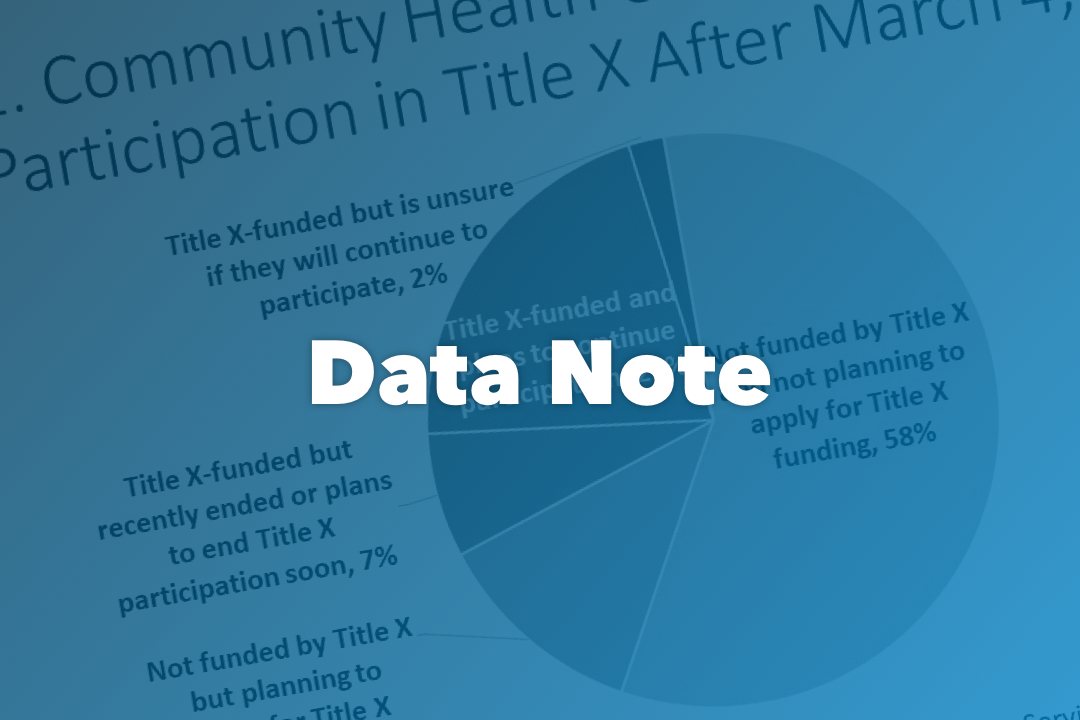Since their inception in the 1960s, community health centers have served as key local health care hubs, combining direct clinical care with patient- and community-focused education, outreach, and prevention services. Along with focusing on social drivers of health generally, addressing food insecurity and the significant relationship between diet and health has long been emphasized. Dr. H. Jack Geiger, who launched the community health center movement in the United States, wrote prescriptions for food in the Mississippi Delta, noting that, “Last time I looked it up in my medical books, the treatment for malnutrition is food.”
Today’s health centers continue to prioritize and support healthy eating and access to nutritious foods through a multitude of creative programs and strategies. A new data note from the Geiger Gibson/RCHN Community Health Foundation Research Collaborative explores the role of health centers in supporting nutrition and highlights innovative CHC programs and practices. These programs and services are indispensable for the millions of individuals, families, and communities who depend on them – and help deliver savings to the health system. And, along with other essential health care services, they are at risk as Congress considers billions in cuts. Without adequate and stable Medicaid funding and CHC support, the health of our communities – which CHCs have long championed – is threatened.
Community Health Centers: A Six-Decade Commitment to Nutrition and Health is available now on the Geiger Gibson Program website, along with our complete policy research archive.




